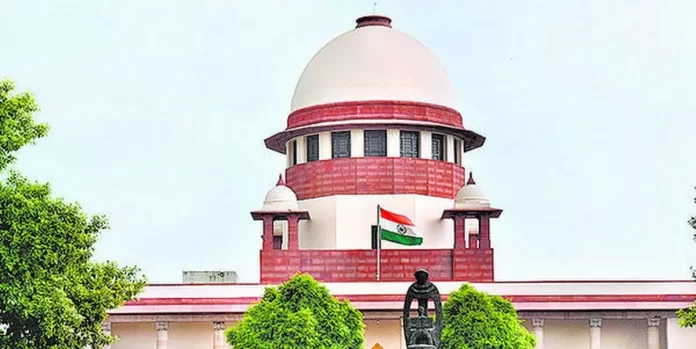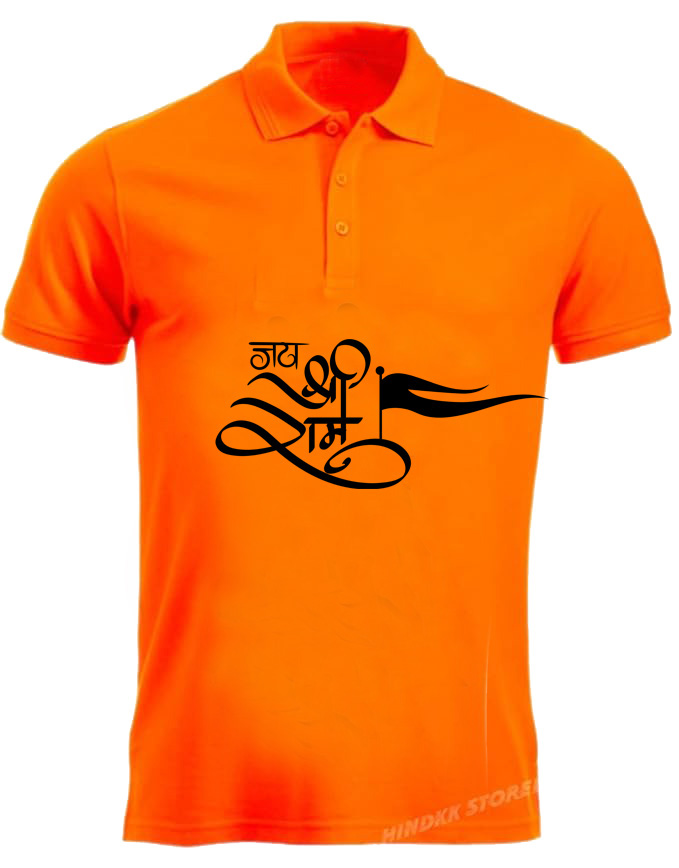On Tuesday, the Supreme Court ruled against the possibility of a Brexit-style referendum on repealing Article 370 in Jammu and Kashmir. The purpose of the SC hearing on the repeal of Article 370 was to ascertain its constitutionality. In its decision, the SC stated that the only way to determine the will of the Indian people is through established institutions. On August 5, 2019, Article 370 was repealed, ending J&K’s 70-year special status and dividing it into two Union Territories.
The Supreme Court ruled on Monday that there is no provision for a referendum in the country’s Constitution and that any attempt to ascertain public opinion in a constitutional democracy like India must be made through recognized institutions.
In response to Senior Advocate Kapil Sibal, who was speaking on behalf of some of the petitioners, mentioning the Brexit referendum that led to the United Kingdom’s decision to leave the European Union, Chief Justice of India D Y Chandrachud, who is chairing a five-judge Constitution Bench hearing petitions challenging changes made to Article 370 of the Constitution that gave special status to the former state of Jammu and Kashmir, said this.
Sibal used it as evidence to support his claim that the J&K people’s consent was necessary for the Centre to be able to “unilaterally” change Article 370. Your Lordships would be mindful of Brexit. How did it happen? No referendum was called for by any constitutional clause. But in the end, you must ask the public’s opinion if you want to end a relationship that has already begun. As opposed to the Union of India, individuals are the driving force behind this choice. The bench, which also included Justices S K Kaul, Sanjeev Khanna, B R Gavai, and Surya Kant, was informed by Sibal that it “goes against the very grain of Article 370.”
The Chief Justice of India, however, remarked that “in a constitutional democracy, obtaining the public’s opinion must be done through recognized channels. Any resort to the will of the people must be expressed and sought through established institutions as long as a democracy, namely a constitutional democracy, exists as it does. You cannot thus consider holding a referendum similar to the one that led to Brexit. Brexit was a political choice made by the previous administration. However, a referendum is not an option under a constitution like ours.
Sibal also recalled a statement Sheikh Abduullah gave to the J&K Constituent Assembly on November 5, 1991, in which the former chief minister of the former state warned against attempts to “arbitrarily” modify the status between J&K and India.
The CJI praised Abdullan for his “foresight” in reference to certain of the speech’s passages that Sibal failed to read. In the end, according to Sibal, the problem is that the public’s will was completely disregarded.
Sibal asserted that the provisions of the Indian Constitution that apply to J&K cannot be changed unilaterally by an executive act of the Union of India, including eliminating the special status that was granted in accordance with Article 370 of the Constitution, which was adopted by both the Government of India and Parliament.
“The Constitution is a set of values… and if you through such executive acts silence the voice of the people, what is left of democracy,” Sibal said as he summarized his points.








